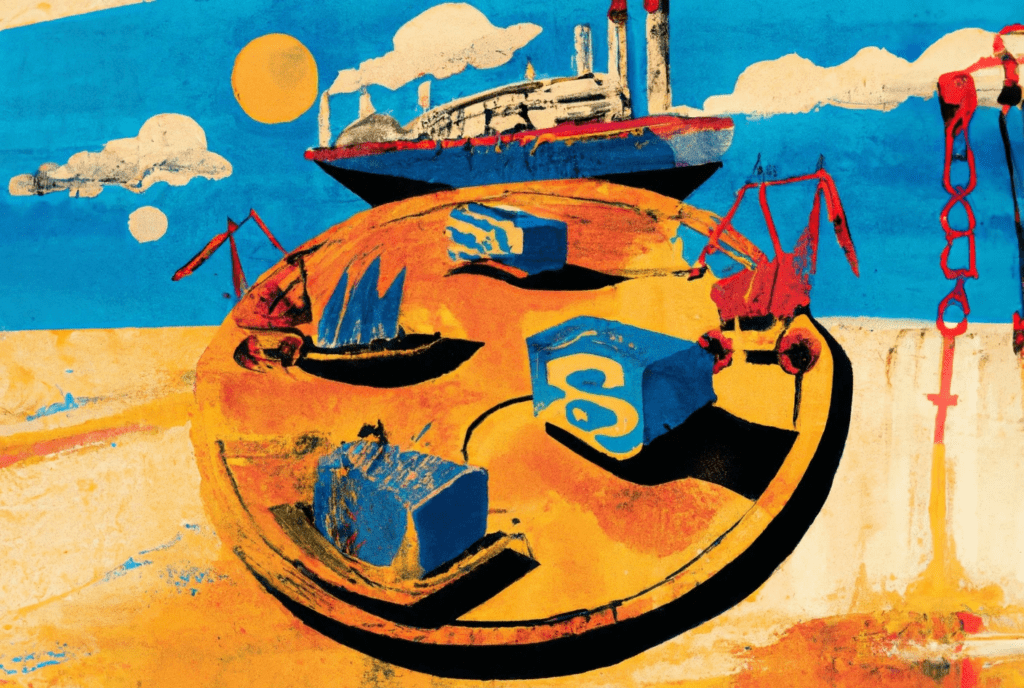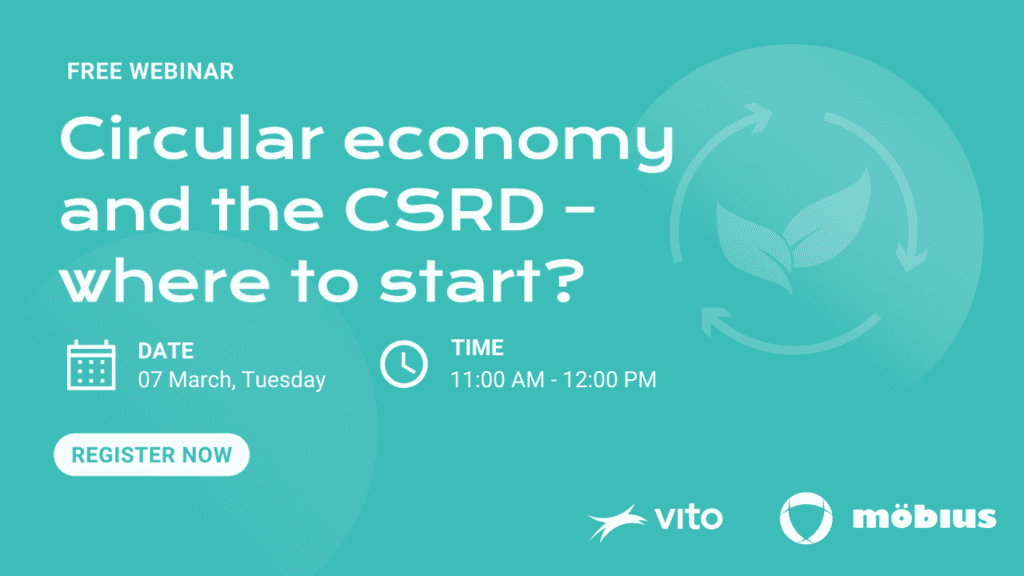The only constant is change.
As we move further into the 21st century, the winds of change are sweeping across the corporate landscape, driven by a new wave of sustainability initiatives. One such change that’s going to highly impact businesses, both big and small, is the Corporate Sustainability Reporting Directive (CSRD).
The CSRD and SMEs: A Wake-Up Call
Traditionally, sustainability reporting has primarily been the domain of large corporations and conglomerates. However, with the introduction of CSRD, the rules of the game are changing. While SMEs might believe they can remain on the sideline, they must recognize that they are integral components of the supply chain that feeds into the sustainability reports of larger corporations.
In essence, SMEs will play a pivotal role in shaping the sustainability narrative. Data collected from the entire supply chain, including SMEs, will be used to develop a comprehensive picture of a company’s sustainability efforts. So, the reality is that CSRD is knocking on the door of SMEs, and it’s time to take notice.
Why the concern?
I’ll be honest – I’m a bit concerned that many SMEs might not be adequately prepared for this impending change. Ignoring the CSRD won’t make it disappear. To thrive in this evolving business landscape, SMEs should start taking steps now to embrace sustainability reporting as part of their job as well.
Why this is a positive shift?
And even though I understand the concerns and workload that comes with finding your way in these new reporting frameworks, I’m wholeheartedly convinced that this shift is a positive one.Embracing sustainability reporting isn’t just about compliance; it’s a strategic opportunity. Here’s why:
- Sustainability as Strategy: When viewed strategically, sustainability reporting can help SMEs identify areas for improvement, enhance operational efficiency, and foster innovation. It’s not just about ticking boxes; it’s about creating a more sustainable, resilient, and future-proof business model.
- Data-Driven Decisions: Sustainability reporting compels SMEs to dive deep into their operations and supply chains, leading to a better understanding of their environmental and social impacts. This data-driven approach can guide decision-making, risk management, and cost reduction strategies.
- Stakeholder Engagement: Reporting on sustainability encourages engagement with stakeholders – from customers to investors. It demonstrates a commitment to values that resonate with a growing segment of the market, potentially unlocking new business opportunities, and ultimately often leading to more resilient networks.
- Long-Term Sustainability: As SMEs begin to report regularly, they often transition from a compliance-focused approach to a strategic one. Understanding the ‘why’ behind impact KPIs and fostering agreement within the company that sustainability should be addressed strategically can drive long-term success.
In conclusion, CSRD is more than just another regulatory requirement. It’s a chance for SMEs to step into the sustainability spotlight, align their values with their operations, and drive positive change.
Embrace sustainability reporting as a strategic exercise, and watch your business thrive in a world that increasingly values not just financial success, but also social and environmental responsibility. It’s a journey worth taking, and it starts with the first step.




